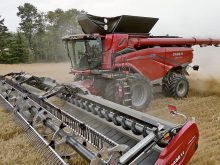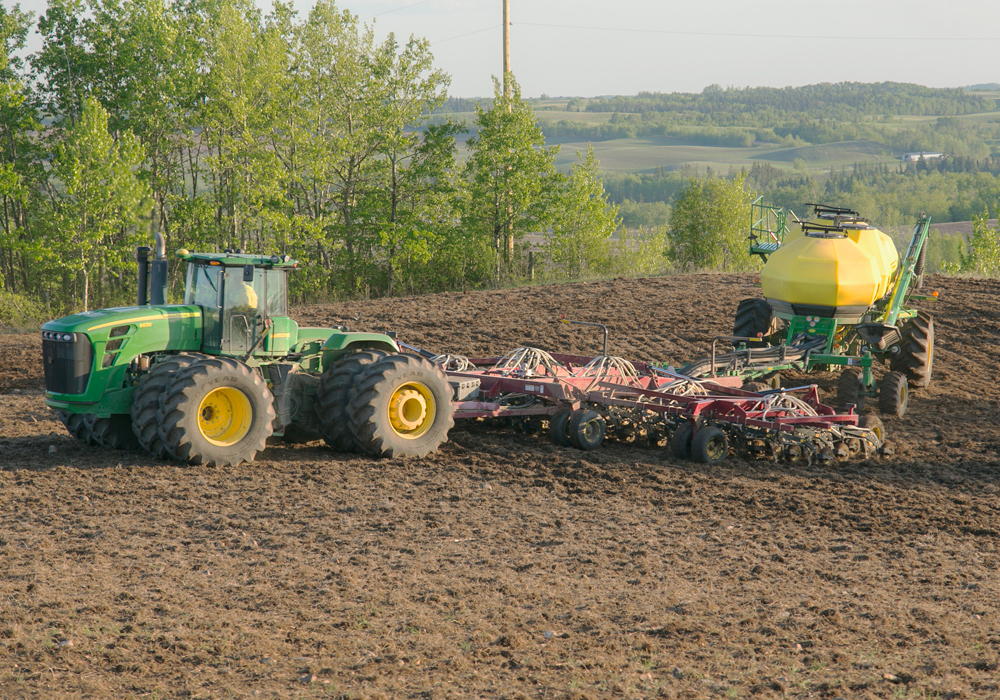The biggest story in the grain industry in 2009 happened half a world away, as Viterra purchased ABB Grain Ltd., the biggest grain company in Australia.
The $1.4 billion transaction became public in April and culminated in the acceptance of Viterra’s offer by ABB shareholders Sept. 9. The new company is expected to be a significant player in international grain and value-added markets.
Read Also

Phosphate prices to remain high
Phosphate prices are expected to remain elevated, according to Mosaic’s president.
In February, the Canadian Wheat Board announced that it had incurred a deficit of $89.5 million in its contingency fund, which is designed to underwrite the operations of the agency’s producer payment options (PPOs) and cash trading activities.
The board mitigated the loss by transferring some $60 million from sources other than sales revenue into the contingency fund, resulting in a net deficit of $28.9 million.
The board said the losses were due to extreme volatility in grain markets in 2008 and the contingency fund performed as expected.
The issue became a political hot potato, as CWB critics accused the board of inadequate risk management and called for the auditor-general to investigate. That never happened.
In July, the Federal Court of Appeal restored an order imposed on the CWB by the federal government that it stop spending money to promote the single desk.
The order was originally issued in 2006 and was later struck down in 2008 by the federal court before being restored in 2009.
The CWB later announced it would seek leave to appeal the decision to the Supreme Court, saying the key issue is whether the federal government has the authority to direct the CWB’s activities.
By year’s end, the Supreme Court had not said whether it would hear the case.
The U.S. Food and Drug Administration (FDA) blocked shipments of canola meal destined for the United States at the border after traces of salmonella were discovered in the shipments.
Six Canadian crushing plants were subject to an “import alert,” allowing FDA inspectors to refuse admission of the product with no physical inspection.
The border problem depressed canola prices and caused delivery problems for farmers. Restrictions were lifted on the Cargill plant in Clavet, Sask., in early December.
In October, Louis Dreyfus began accepting deliveries at its new $130 million LDM Foods canola crushing plant at Yorkton, Sask. Ownership of the plant is split 60/40 between Dreyfus and Mitsui and Co. of Tokyo.
Another canola crushing plant is being built at Yorkton by Richardson International. It’s expected to open in the spring of 2010.
In September, the European Union imposed a $25 a tonne tariff on durum imports, potentially cutting Canadian durum growers off from one of their best markets in Italy.
The tariff was lifted a few weeks later after it was discovered EU officials had made an error in the tariff-setting formula.
Weyburn Inland Terminal implemented a shareholders rights plan, commonly called a poison pill, to ward off any potential hostile takeover attempt. Company officials said the move was purely precautionary and there was no indication any buyer was looking at WIT.














